Apple released new operating systems that rejuvenated its numerous hardware portfolio. Yes, some device models are not eligible for news, but there are still many that are and many users who will appreciate it. On Android, you just wait and wait for your turn.
First of all, it is about iOS 17, which received iPhone XS and XR and later, i.e. iPhones that Apple released in 2018 and are therefore already 5 years old. In terms of length of Android phone support, Samsung leads (that is, if we don't count Fairphone), which provides 4 years of system updates and 5 years of secure updates for its top and mid-range models. Xiaomi is also trying to follow its standard, it is expected that Google, the company behind Android, whose Pixel phones have a shorter support than, for example, Samsung's, will finally switch to the same sense of updates.
Then we have here iPadOS 17, which shares many of the same features with iOS 17 and throws in a few that Apple thinks only make sense on a large display. Samsung implements the same strategy mentioned above for tablets as well, the others are a bit squeamish about tablets, which is also to blame for the market itself, which is currently not very favorable to them.
However, Apple released i Watch 10 for your Apple Watch. The Android alternative in this respect is probably only Wear OS, i.e. again Google's system (albeit developed in cooperation with Samsung), which behaves very similarly - mainly it has a full-fledged store with Google Play applications. Even though we have many manufacturers with many solutions, they also have different operating systems, which usually pay extra for little content. But even for smart watches, the update situation is somewhat difficult. Apple added one more to these three systems in one evening TvOS 17 a HomePod OS 17. Thus, he released 5 systems to the general public in one day.
It could be interest you

When will Android 14 be released?
Google is currently baking Android 14. But it has been baking it for a really long time, when we already had two dates for its release here, only for the sharp thing to be moved again. It is therefore very likely (although not certain) that Android 14 will be released on October 4, when Google is preparing a Keynote with the new Pixel 8. But last year, Android 13 was already released in August. The company is thus very inconsistent and the customer or fan basically cannot rely on anything.
With Apple, we are sure when they will officially introduce the system (at WWDC) and when they will officially release it (in September). Everyone knows it, and Apple will also say at the presentation that the news will come in the fall of the given year. Those who are impatient can try the beta version. It is also public and available worldwide. What about Android? He can hardly keep up.
Google is also releasing a beta version, but it is primarily intended for its Pixels. Over time, other companies join in and test their superstructures. But these programs are very limited, for example Samsung currently offers the beta of Android 14 with the One UI 6.0 superstructure only in a handful of markets (Poland, Germany, Great Britain, USA, South Korea, China and India) and only for a few selected models (currently e.g. .Galaxy S23 series, Galaxy A54).
So the moment Google officially releases Android, it will be enjoyed by owners of its Pixel phones. Others are still waiting for the system to be debugged by their phone manufacturer. Sometimes even more than half a year. But it is true that lately they are trying harder than before, when last year it took Samsung only about three months to update the entire portfolio that was eligible for the update.
It could be interest you
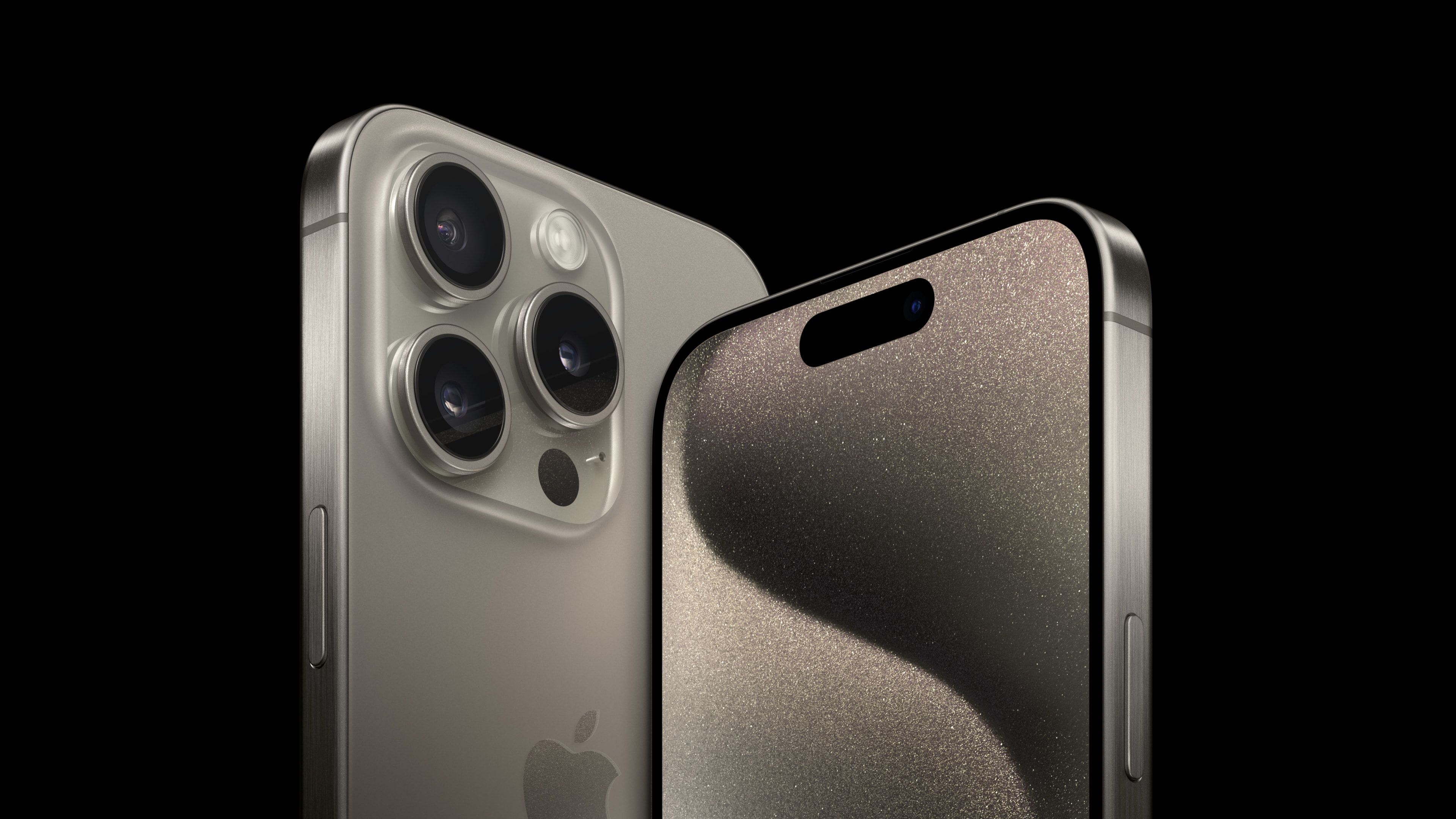
Why is the update important?
Of course, it's about bug fixes and patching holes, but it's also beneficial in that it teaches even old devices new tricks. In terms of software, it offers practically everything the same as the current latest model (of course without unique functions exclusively intended for it). This way, customers will get a proper refresh without having to buy a new device and without envying anyone who has one because theirs has the same capabilities.
We could argue that Apple has a clear advantage in that it actually sews everything itself. But in a certain way, so is Google, and nothing prevents it from being the same. But it obviously shouldn't be Google who is on the hook, because all manufacturers are practically at its mercy. It would be extremely interesting to see what would happen if Apple released the iOS license and after overcoming all the hardware pitfalls, we could have iOS right in Samsung, Xiaomi and other smartphones. Then it probably wouldn't be so rosy with the unified release of the systems either. But could Apple or the manufacturers themselves be responsible?

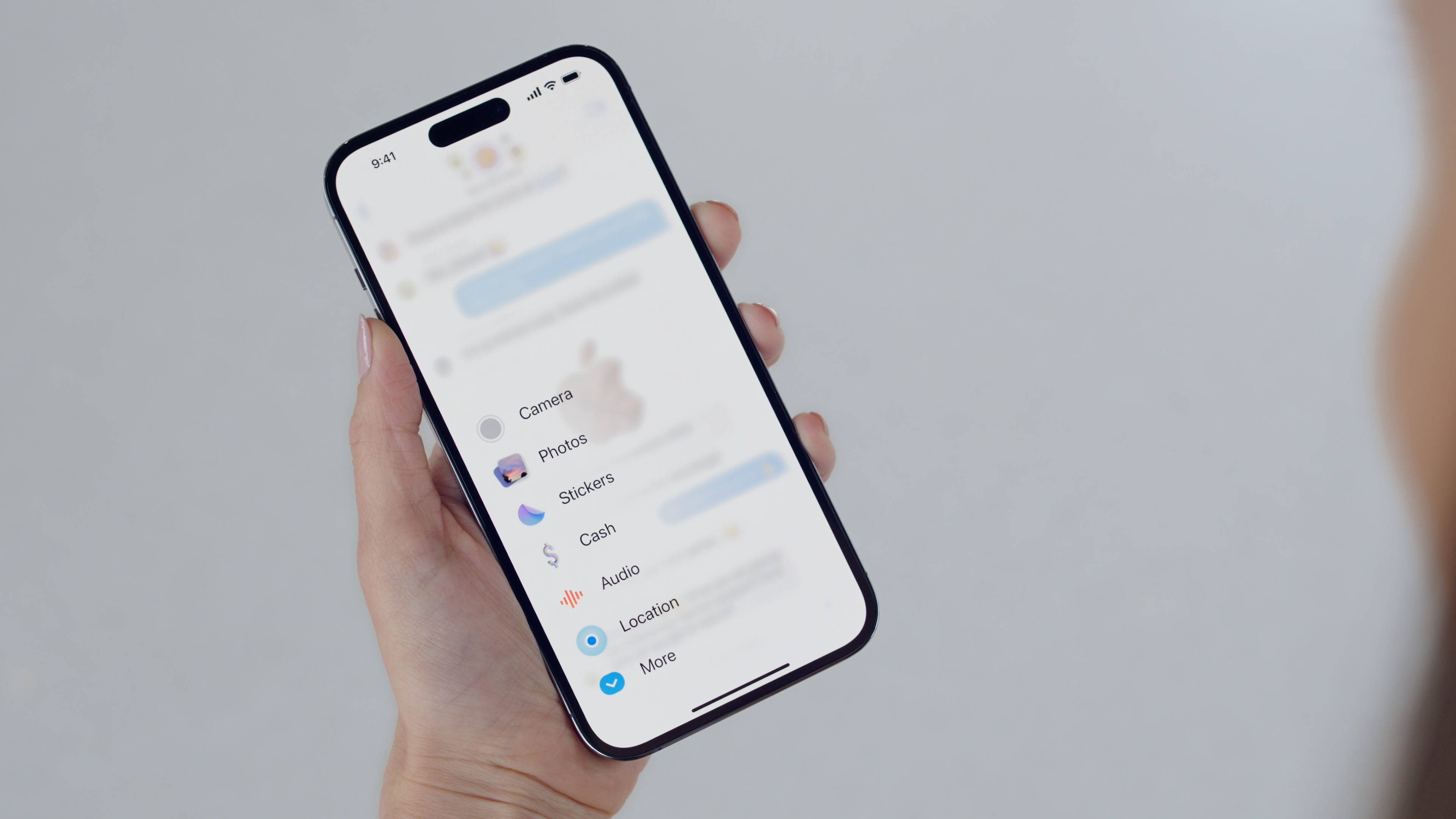
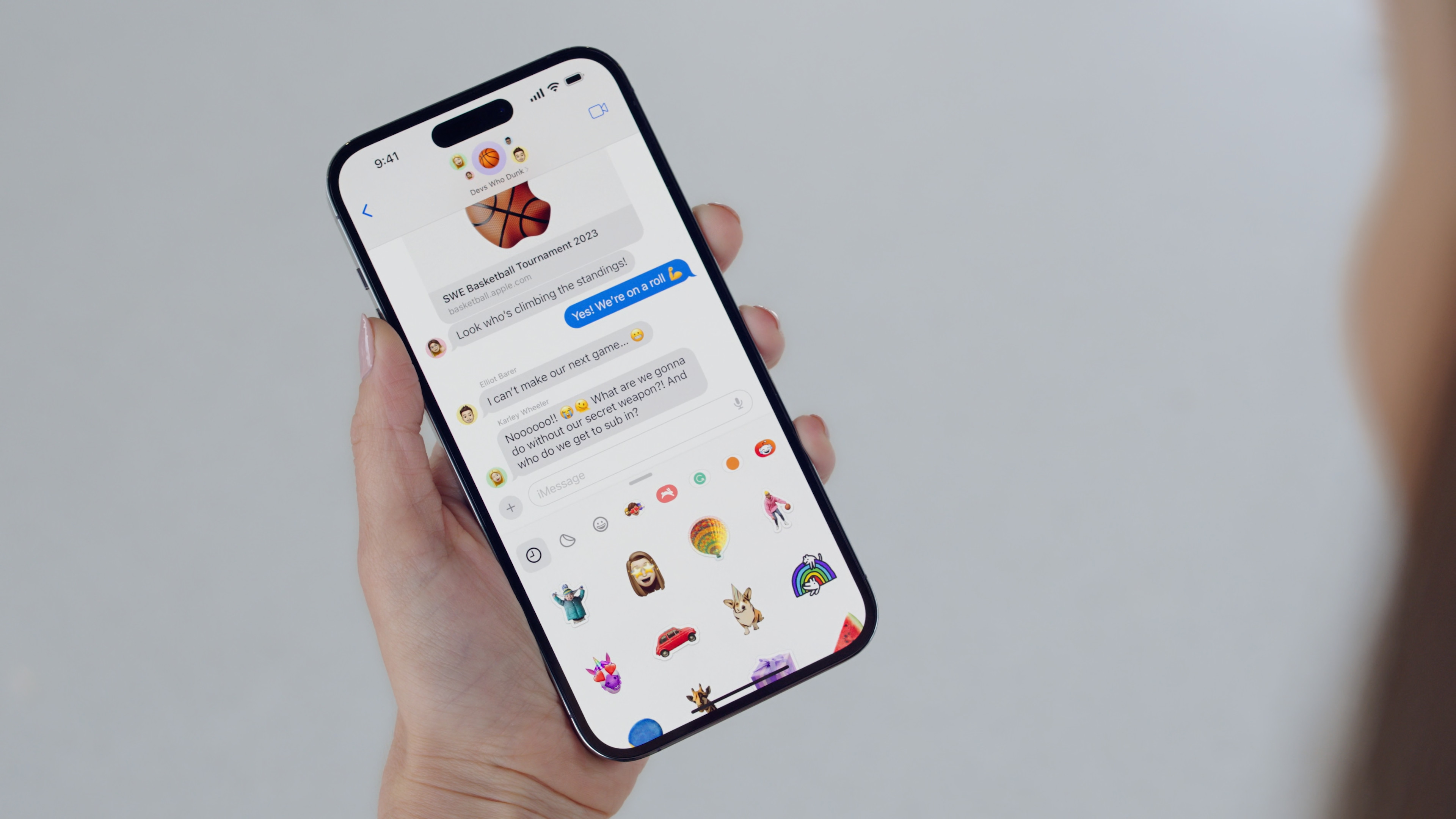
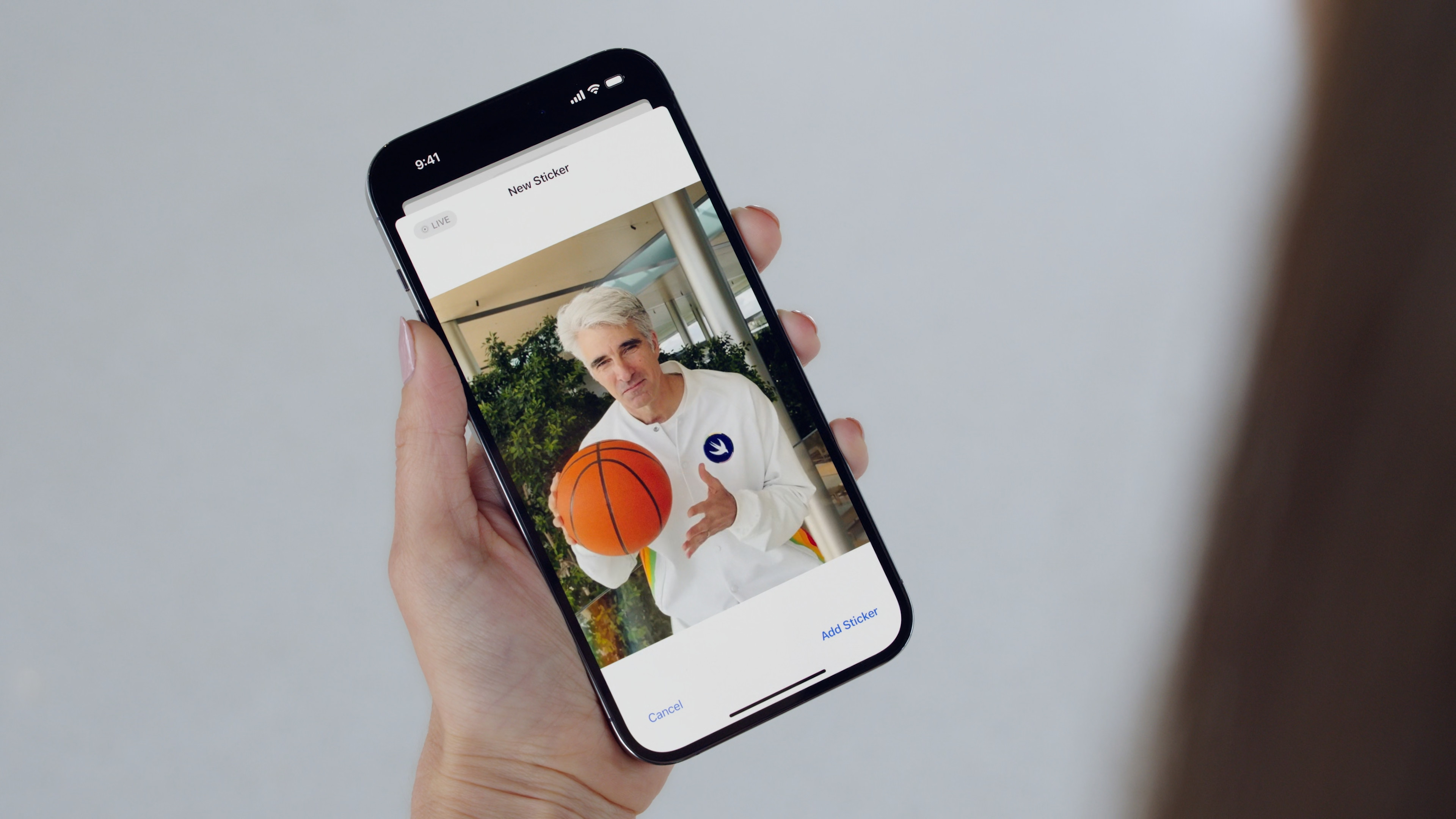
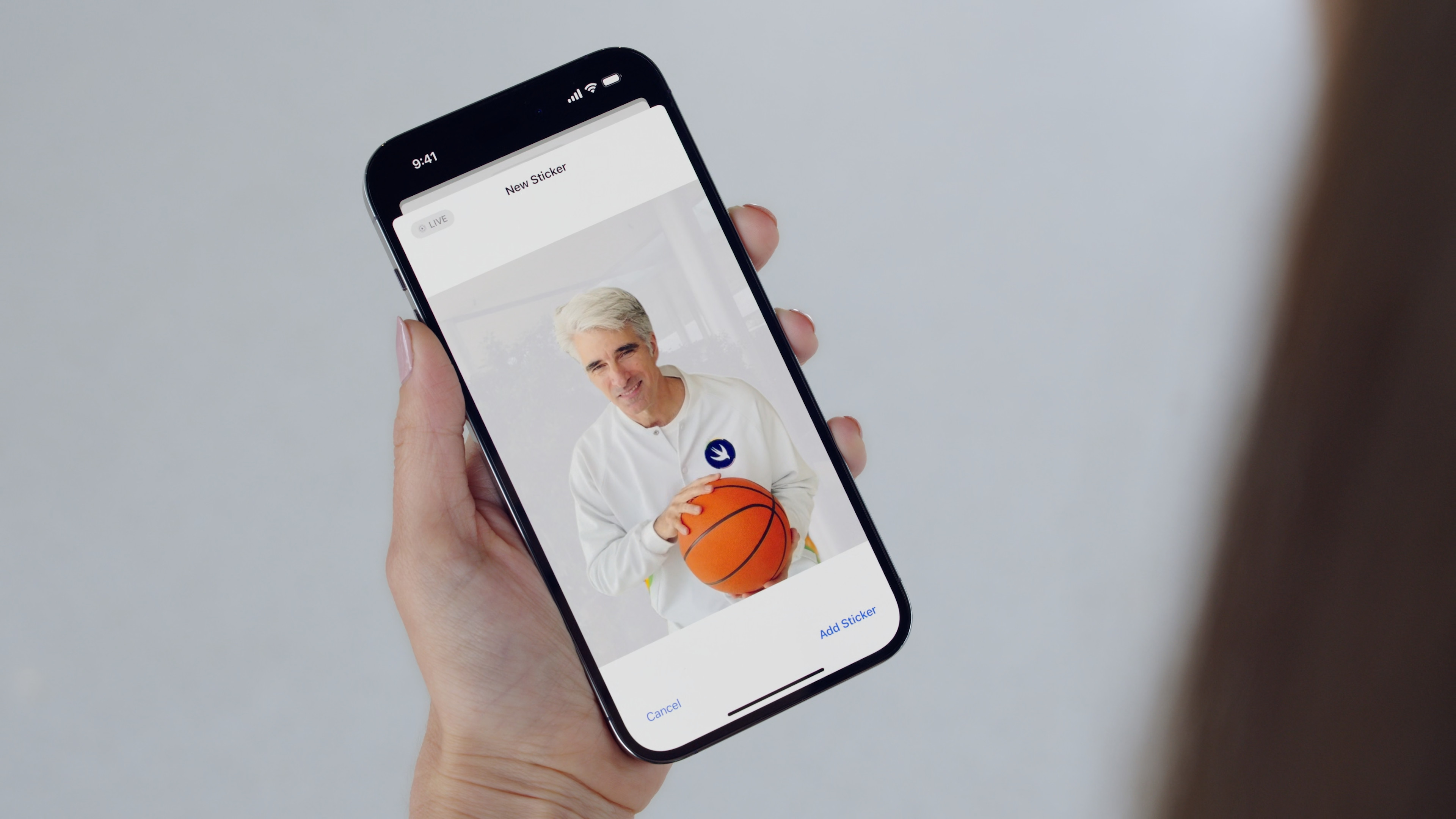
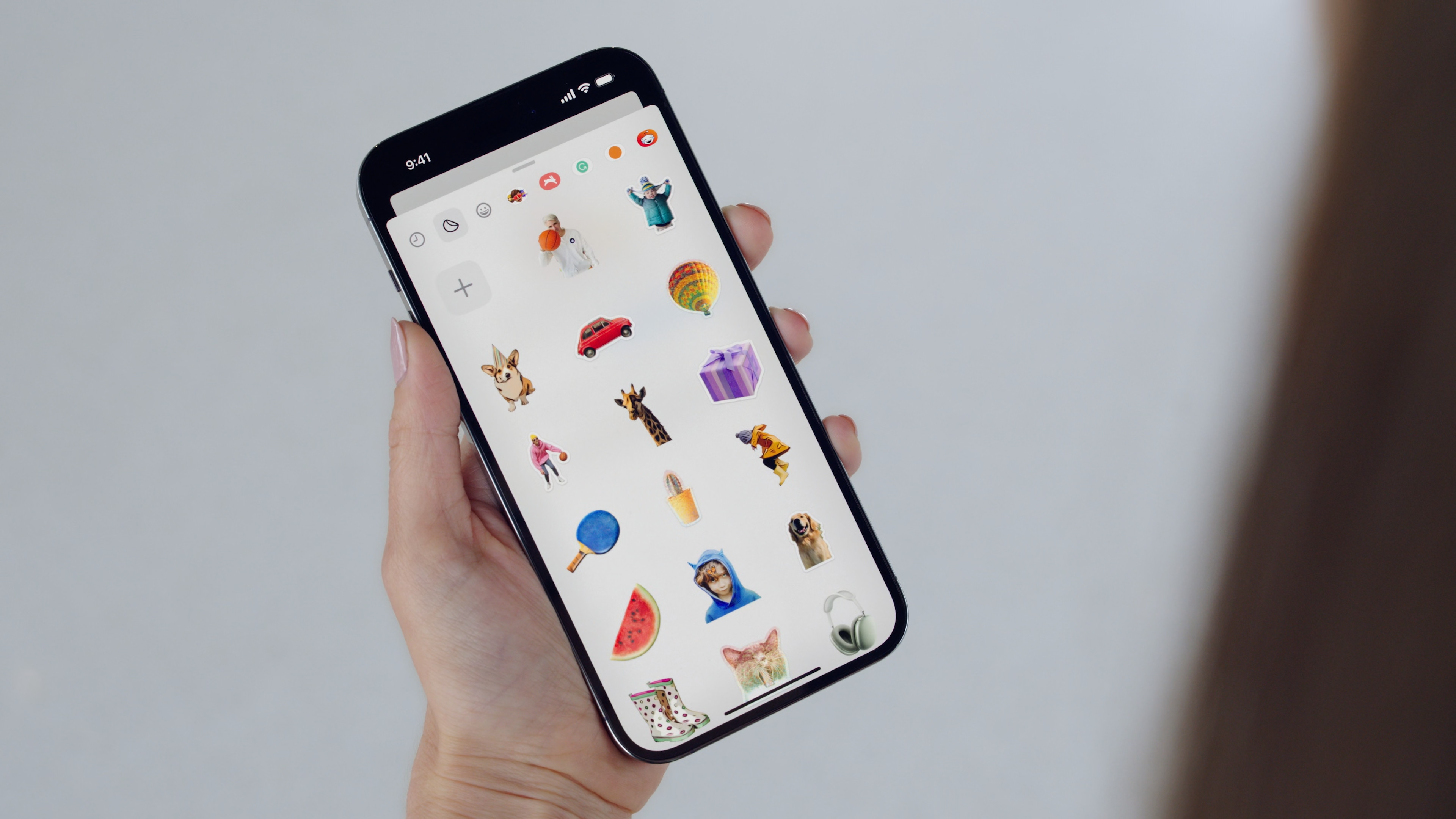
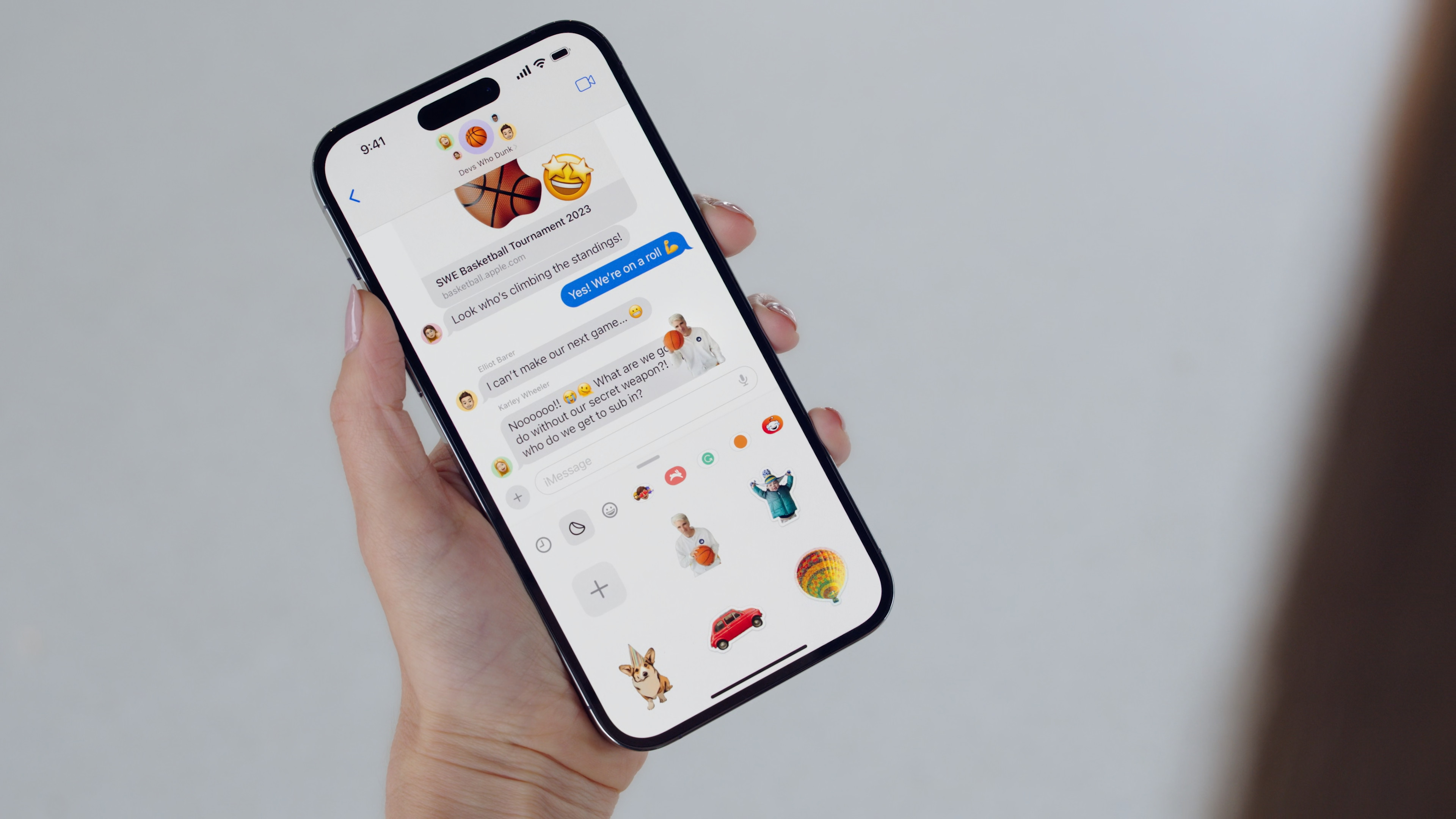

 Adam Kos
Adam Kos 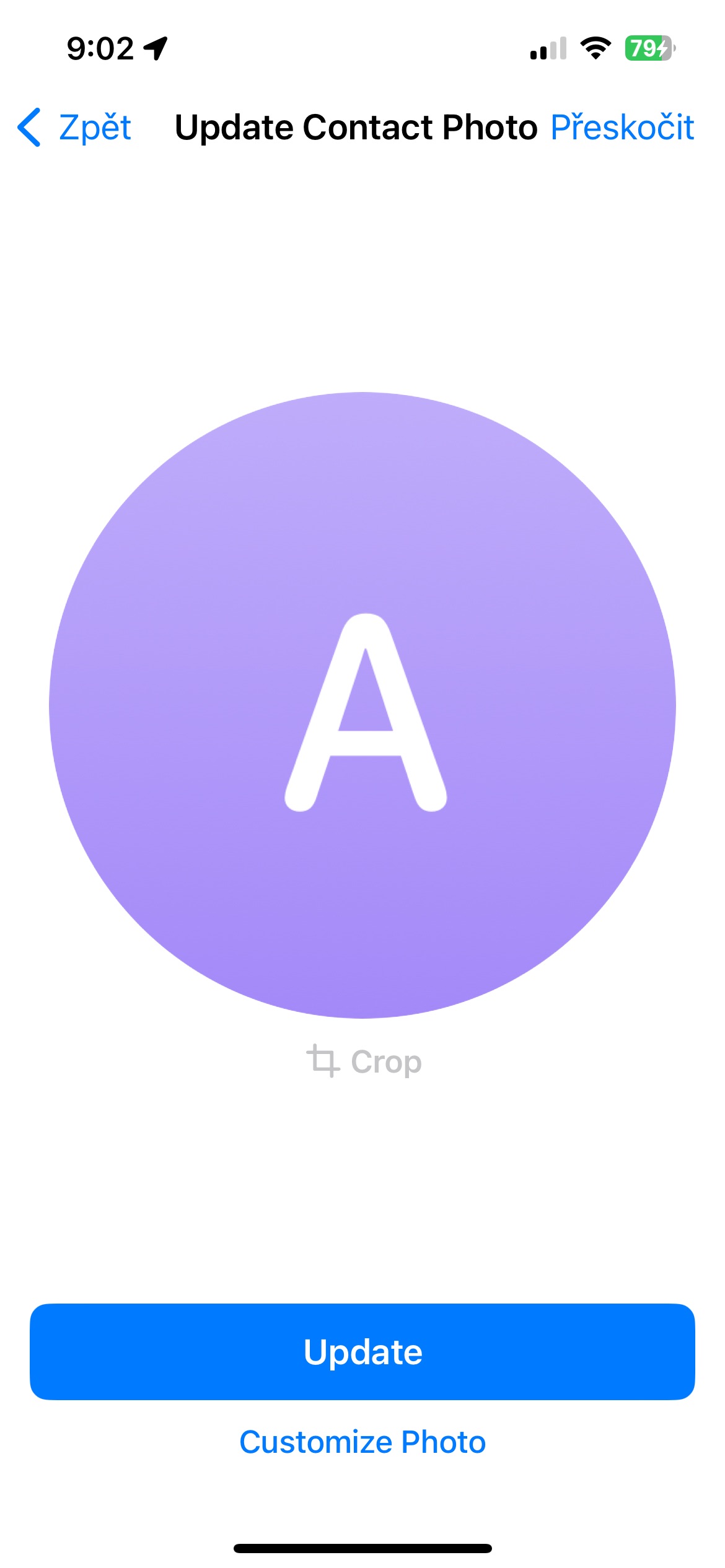
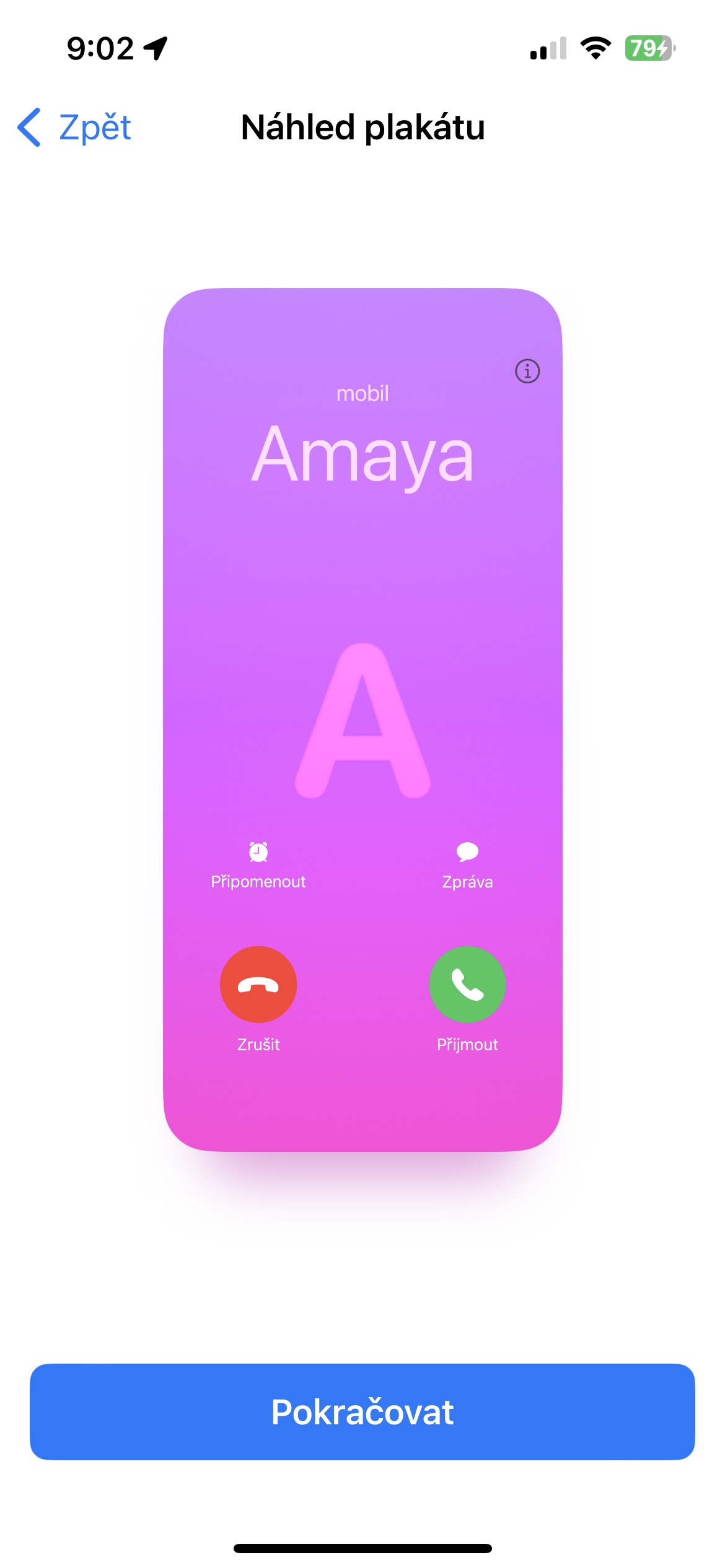
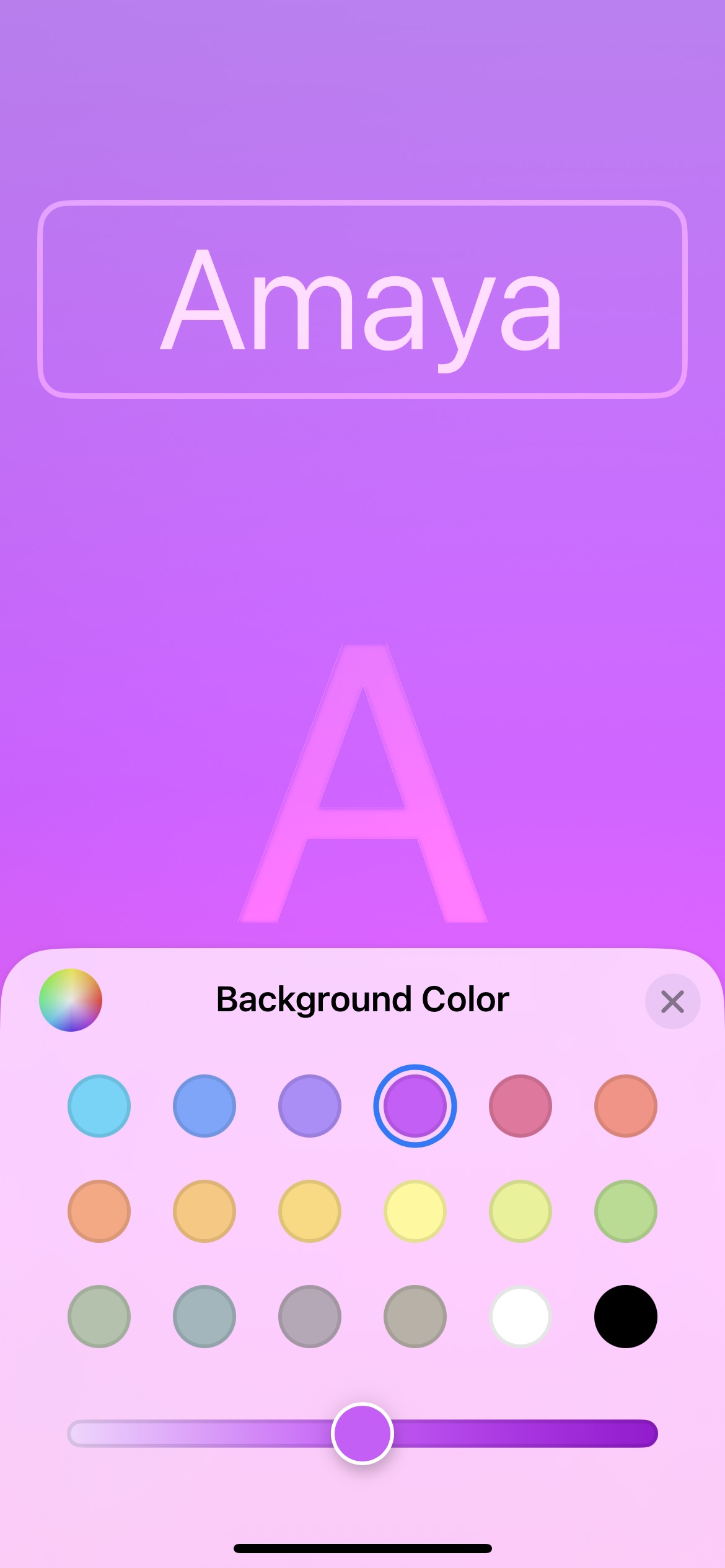
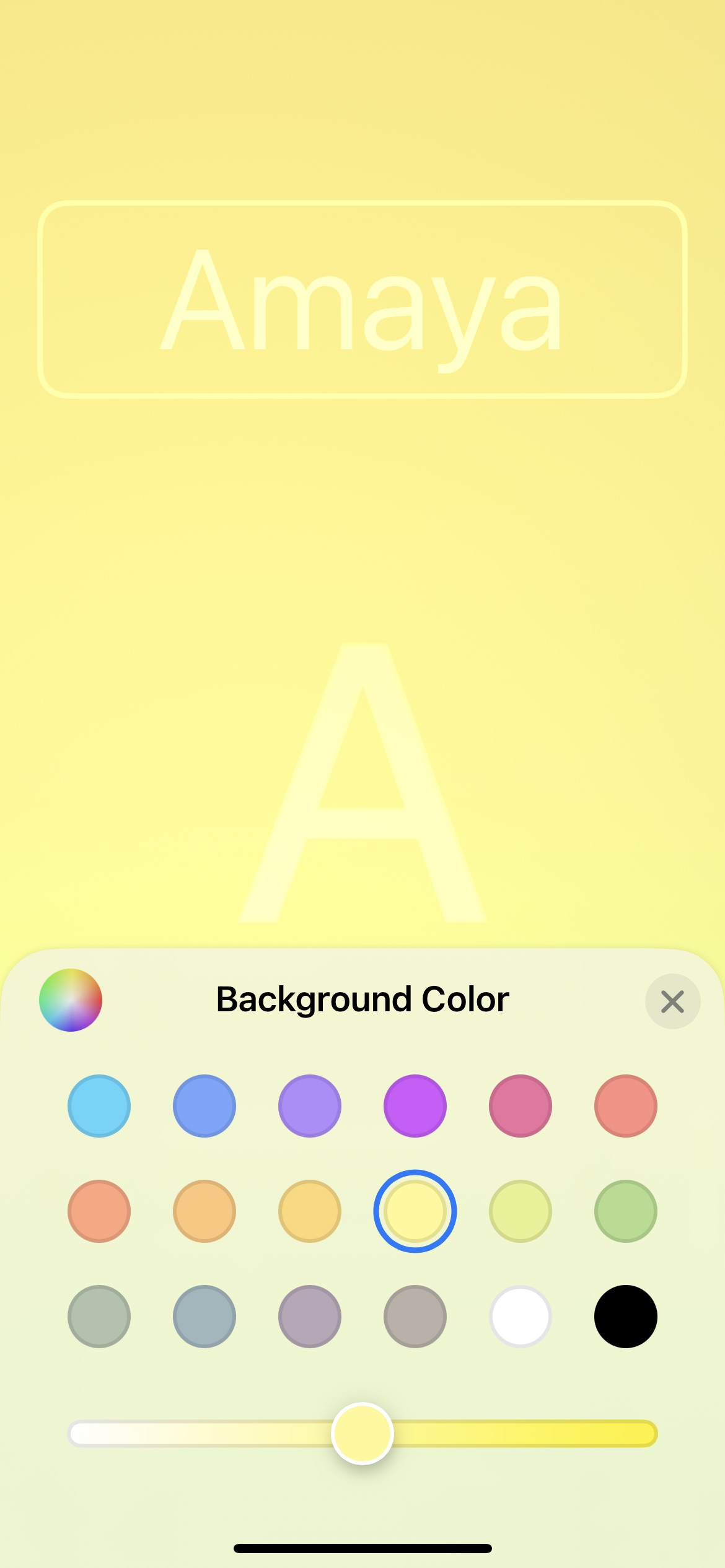
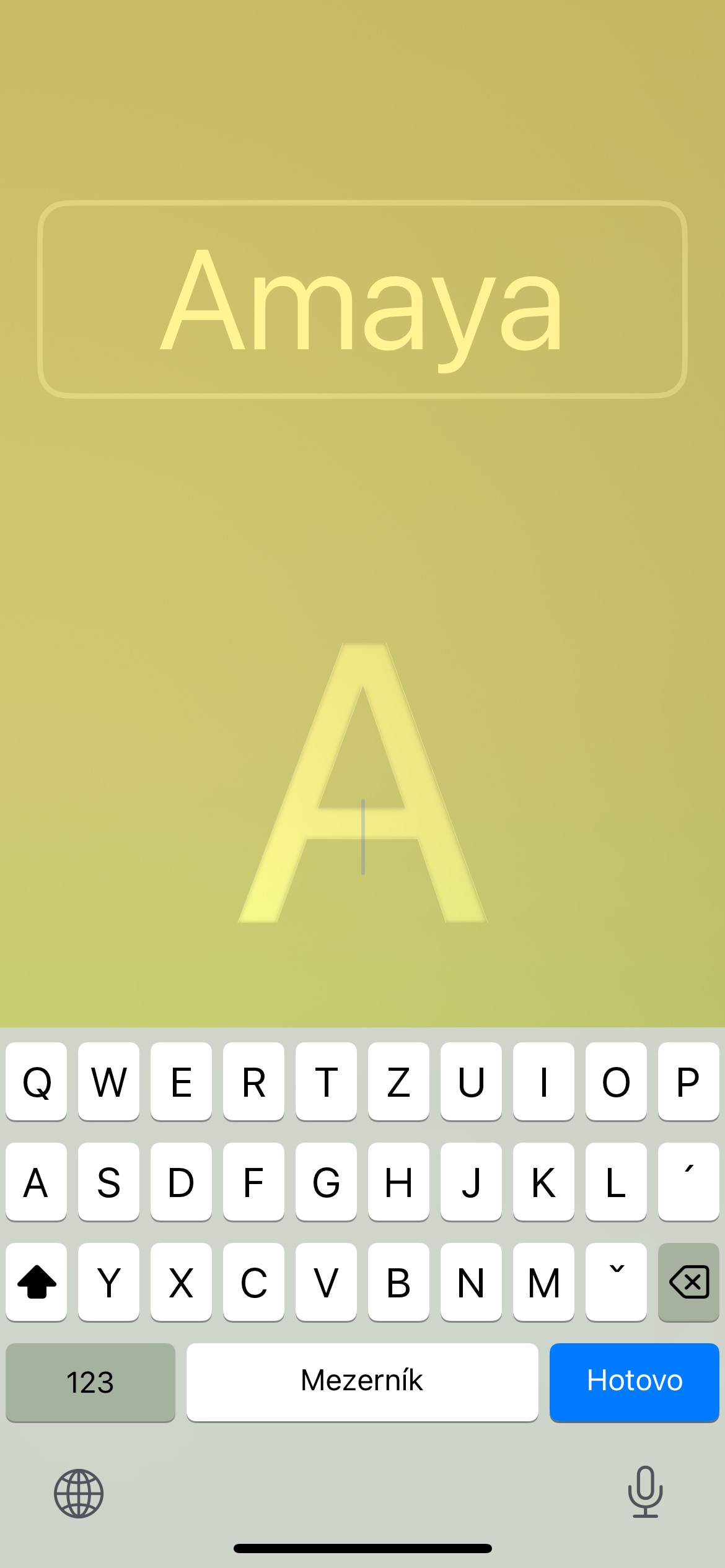
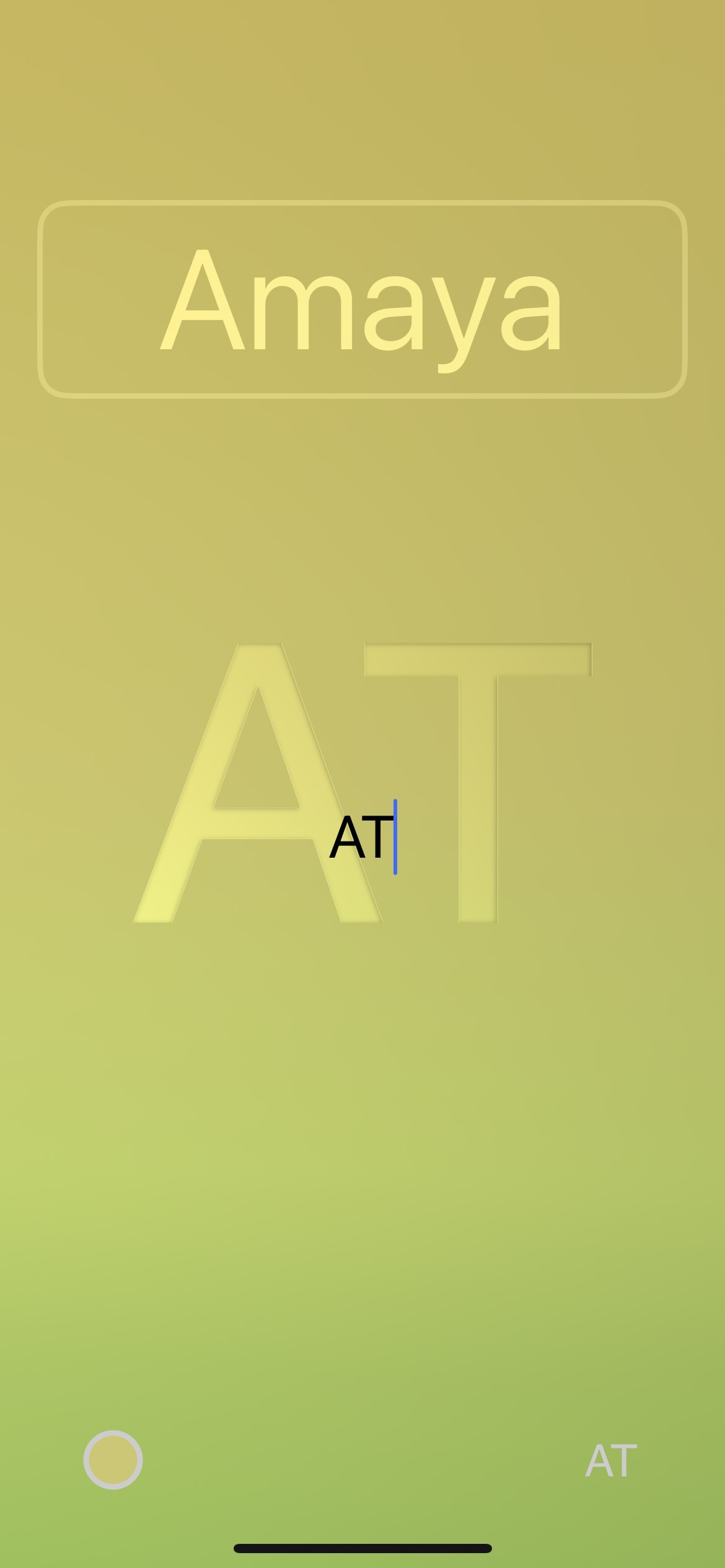
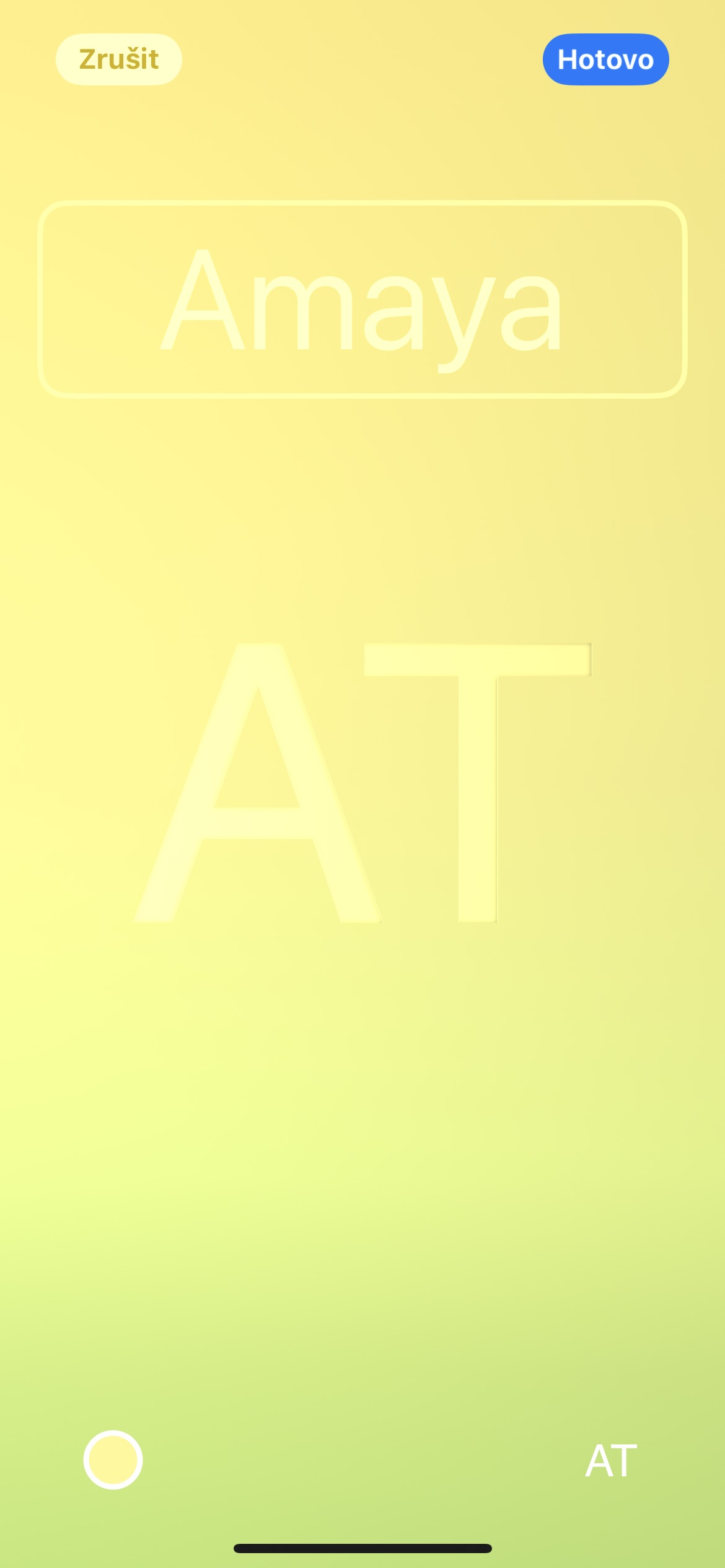
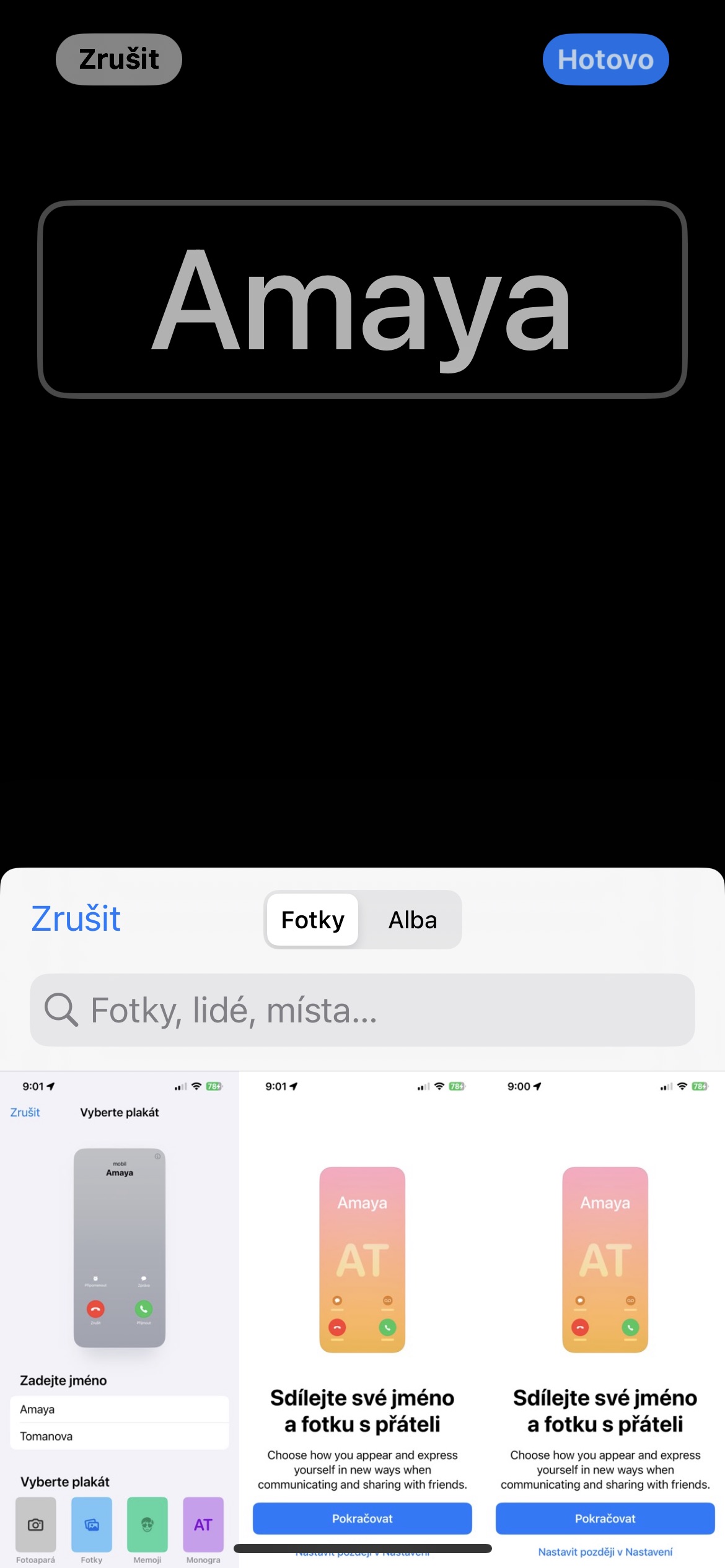
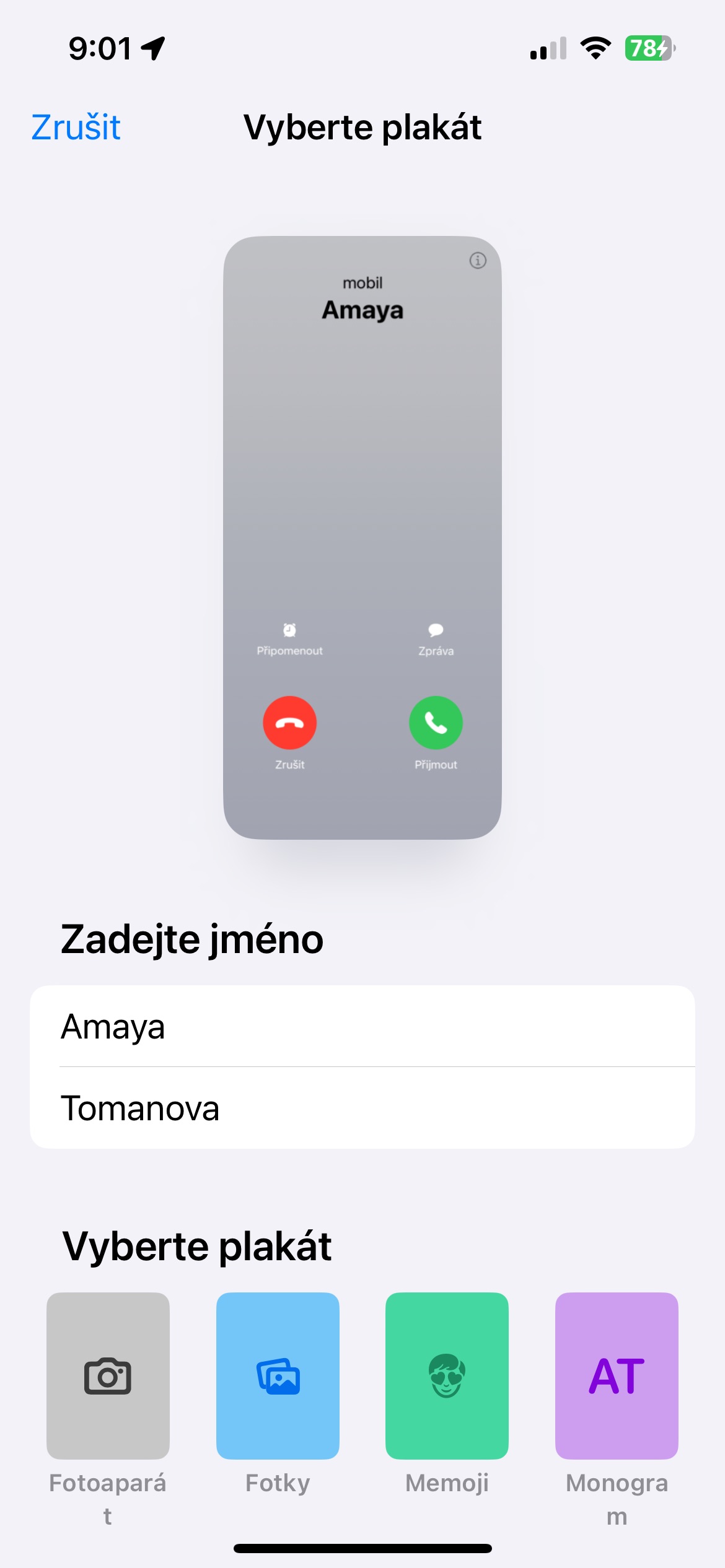
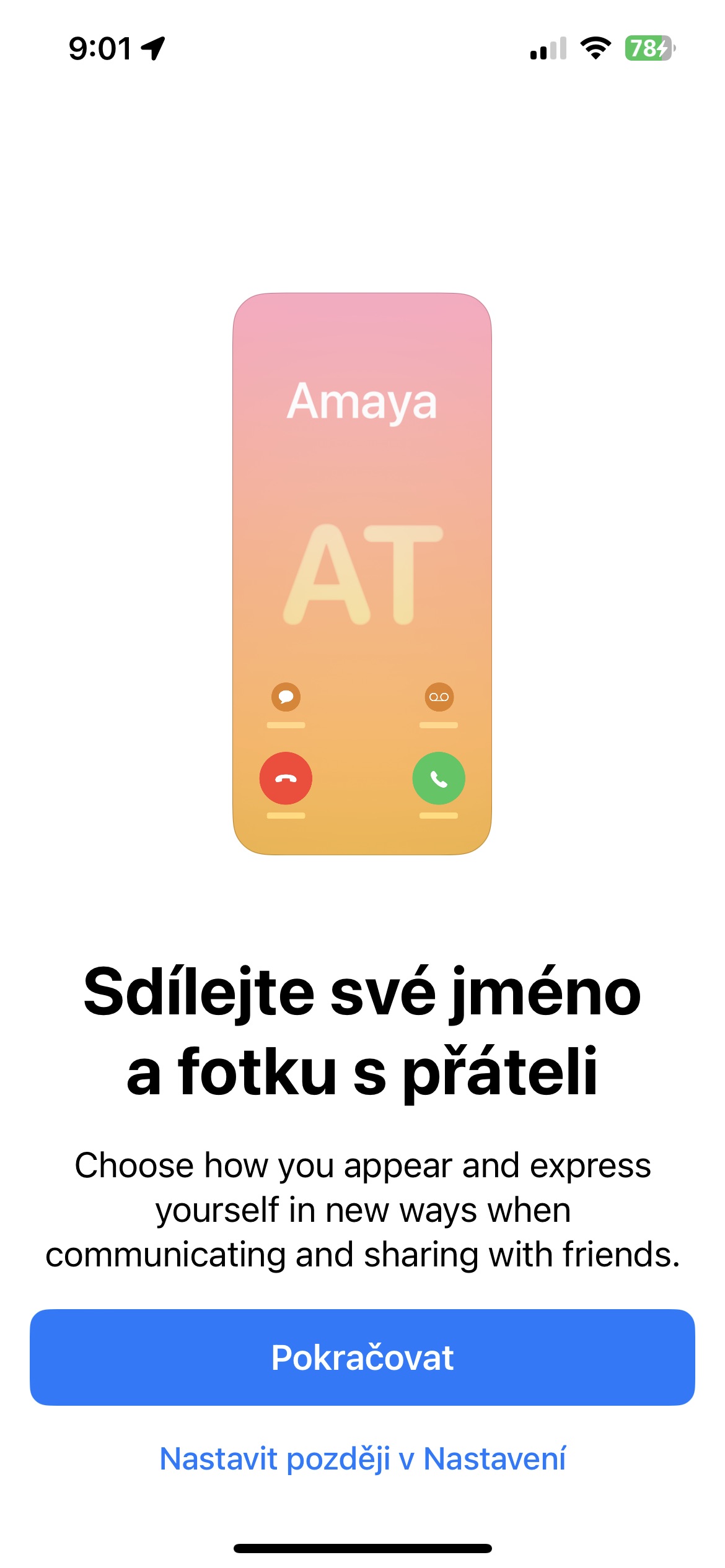
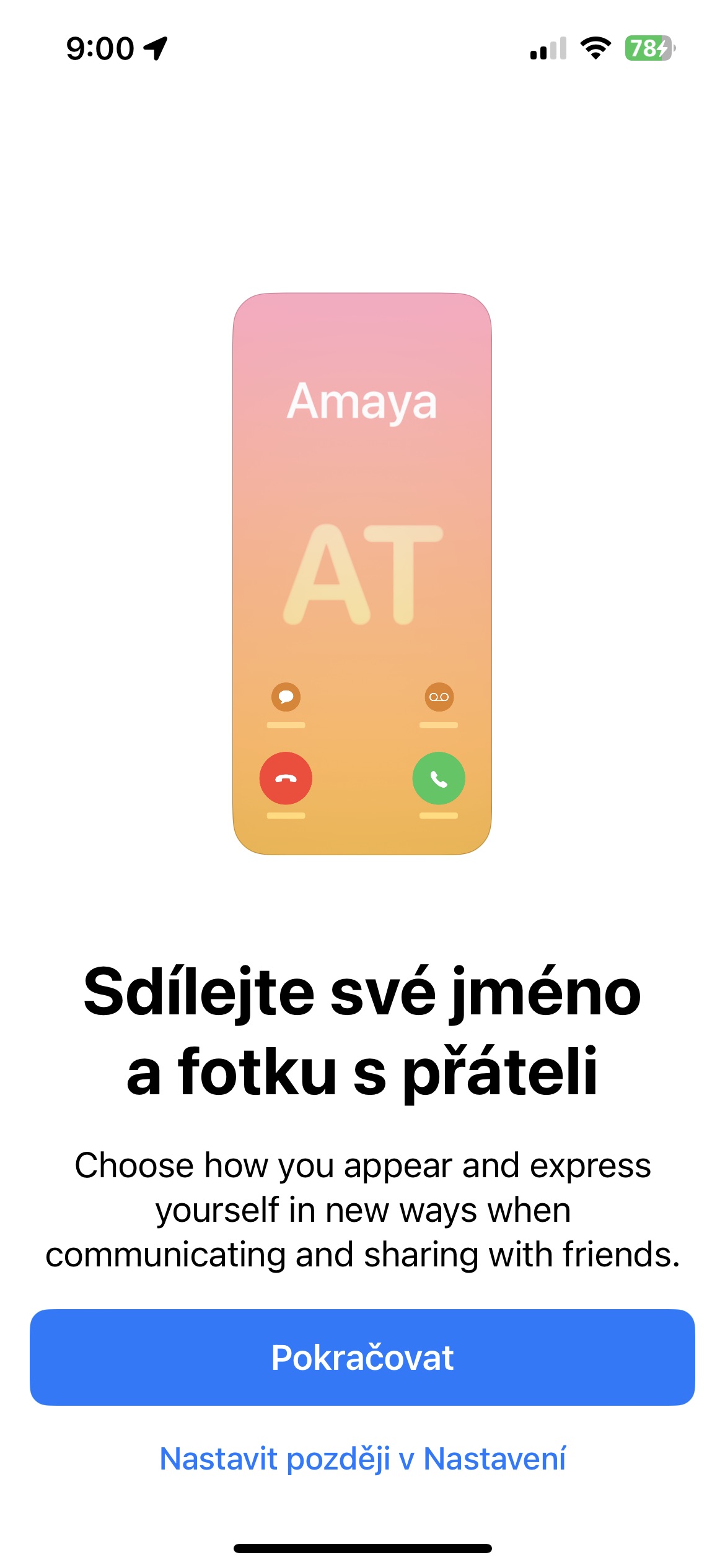
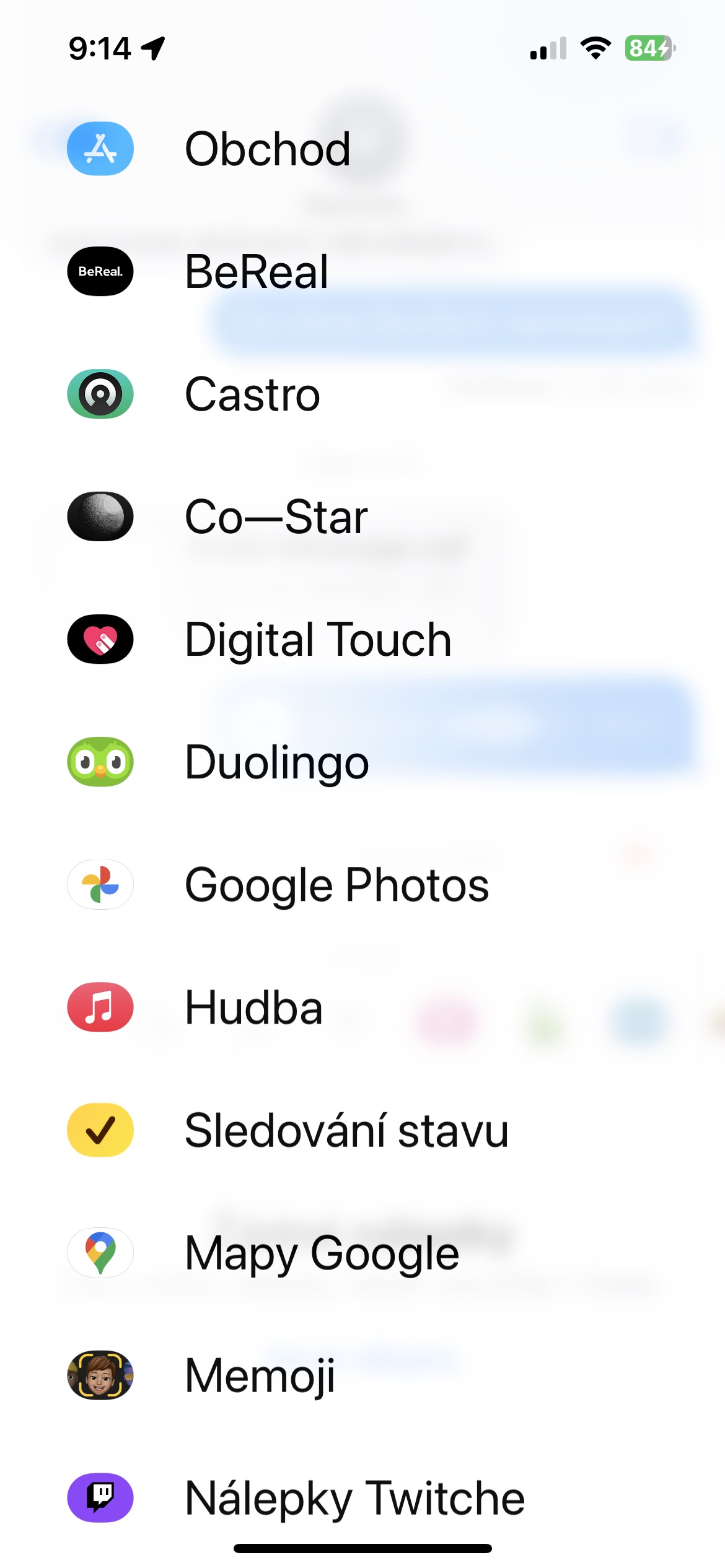
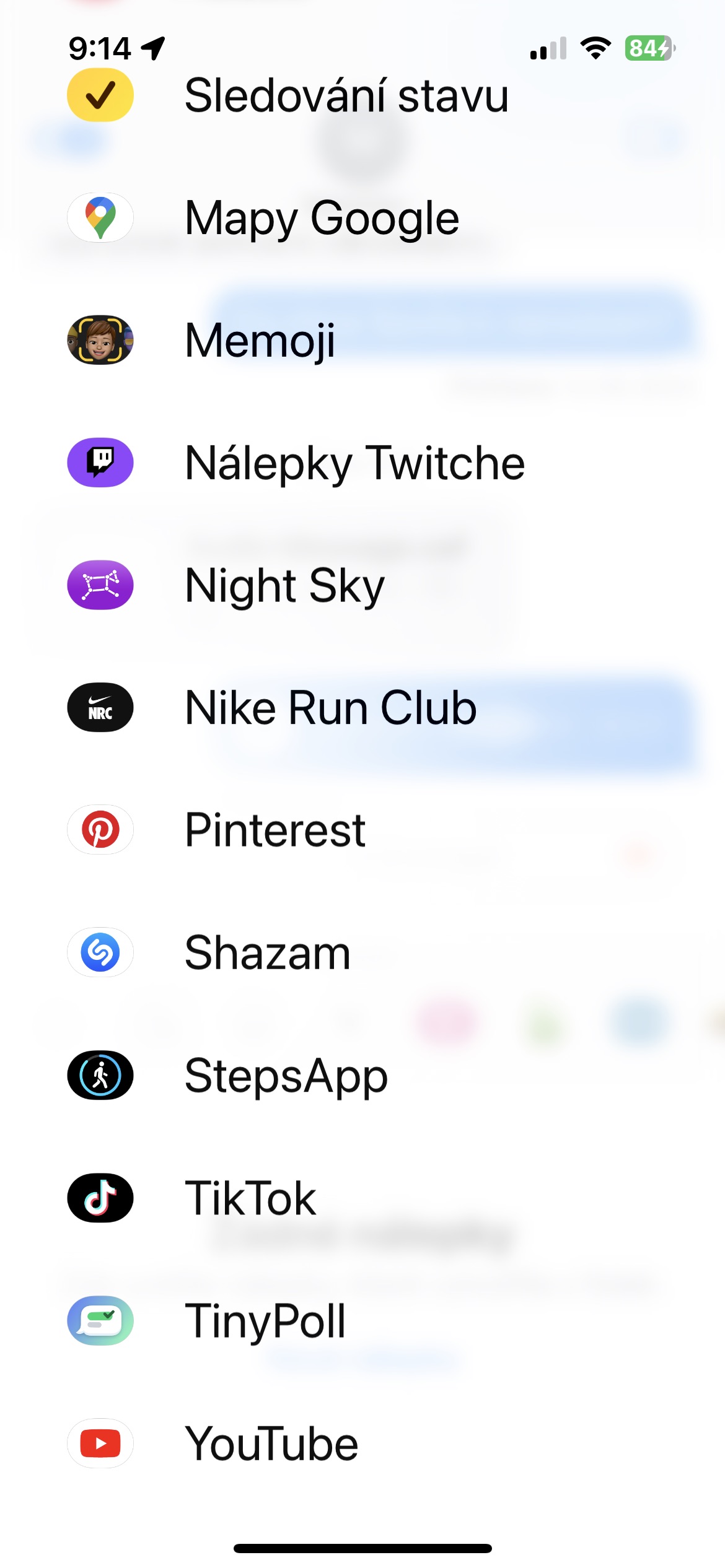
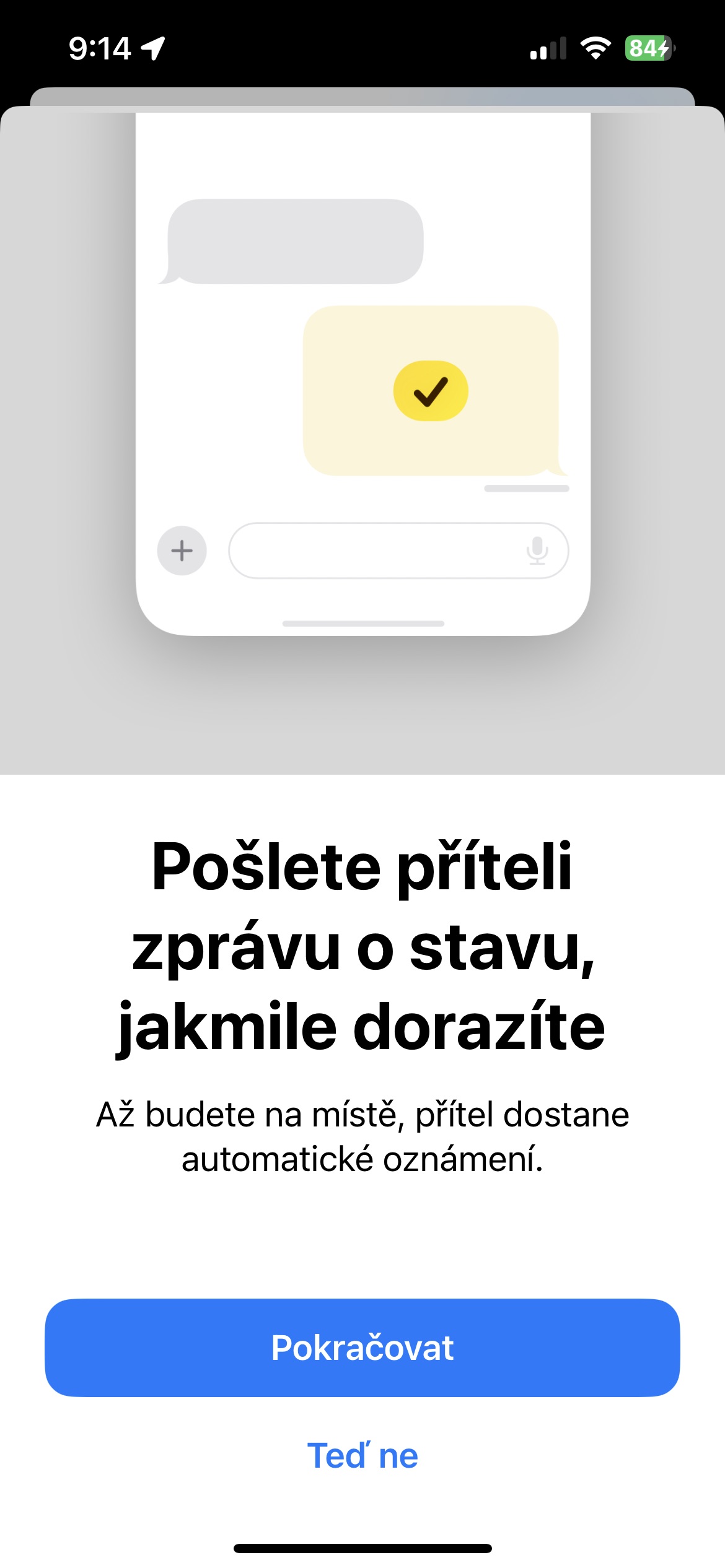
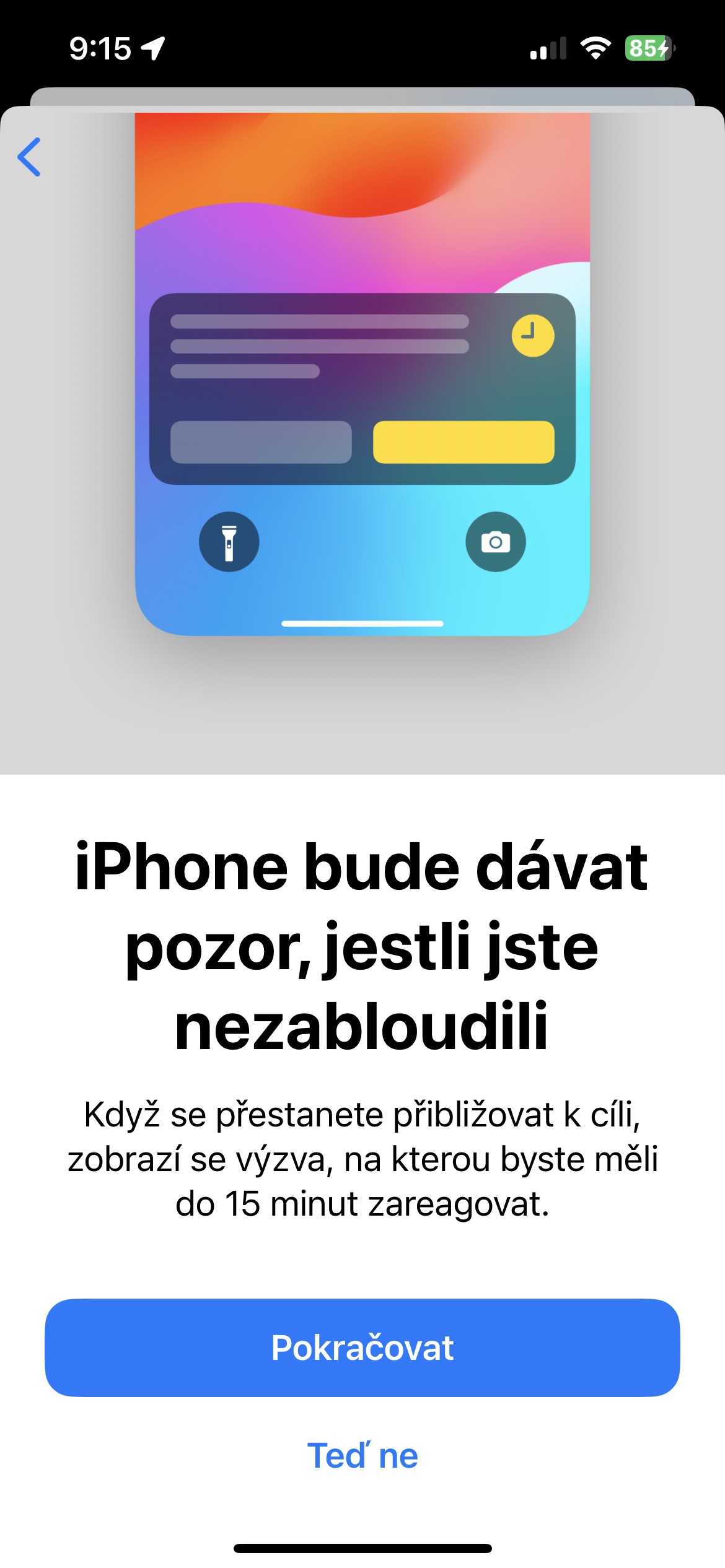
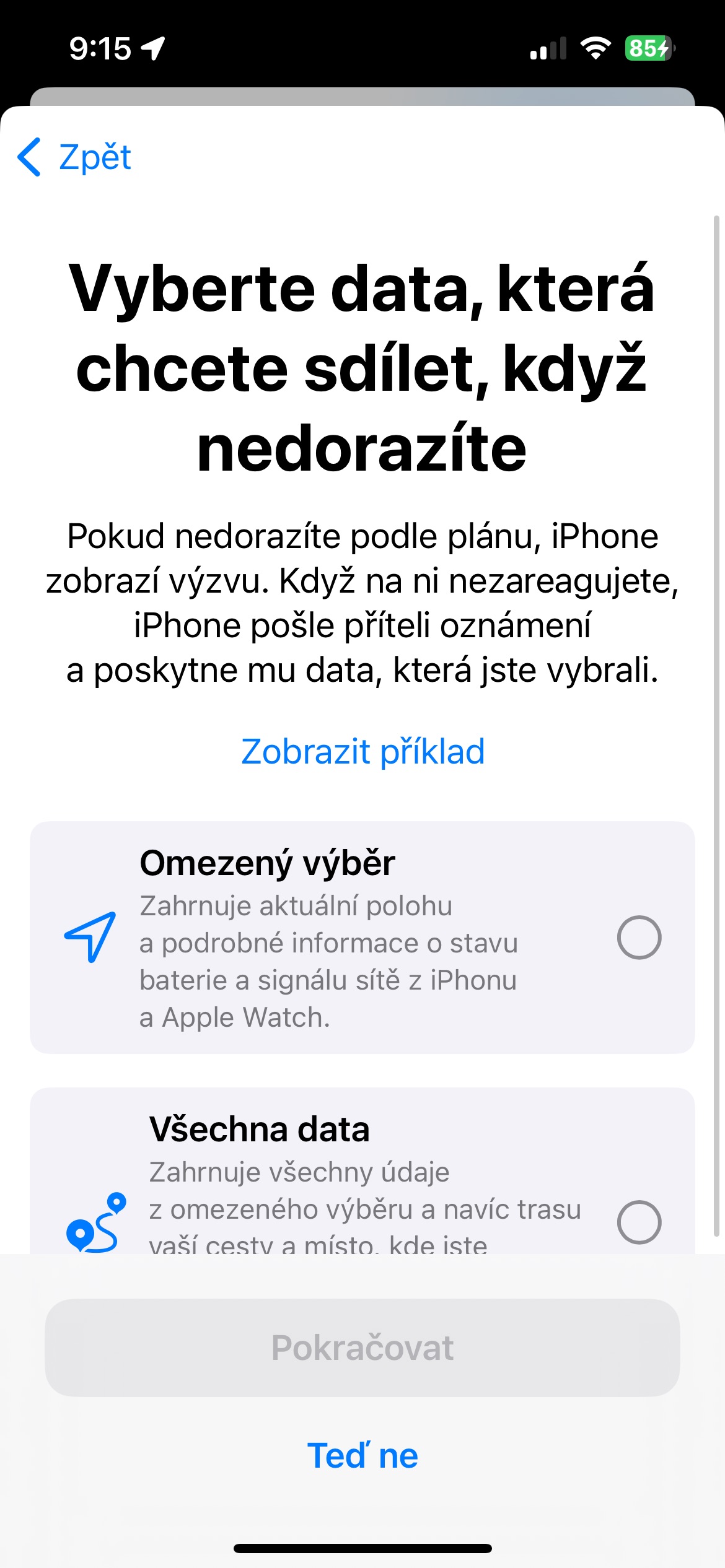
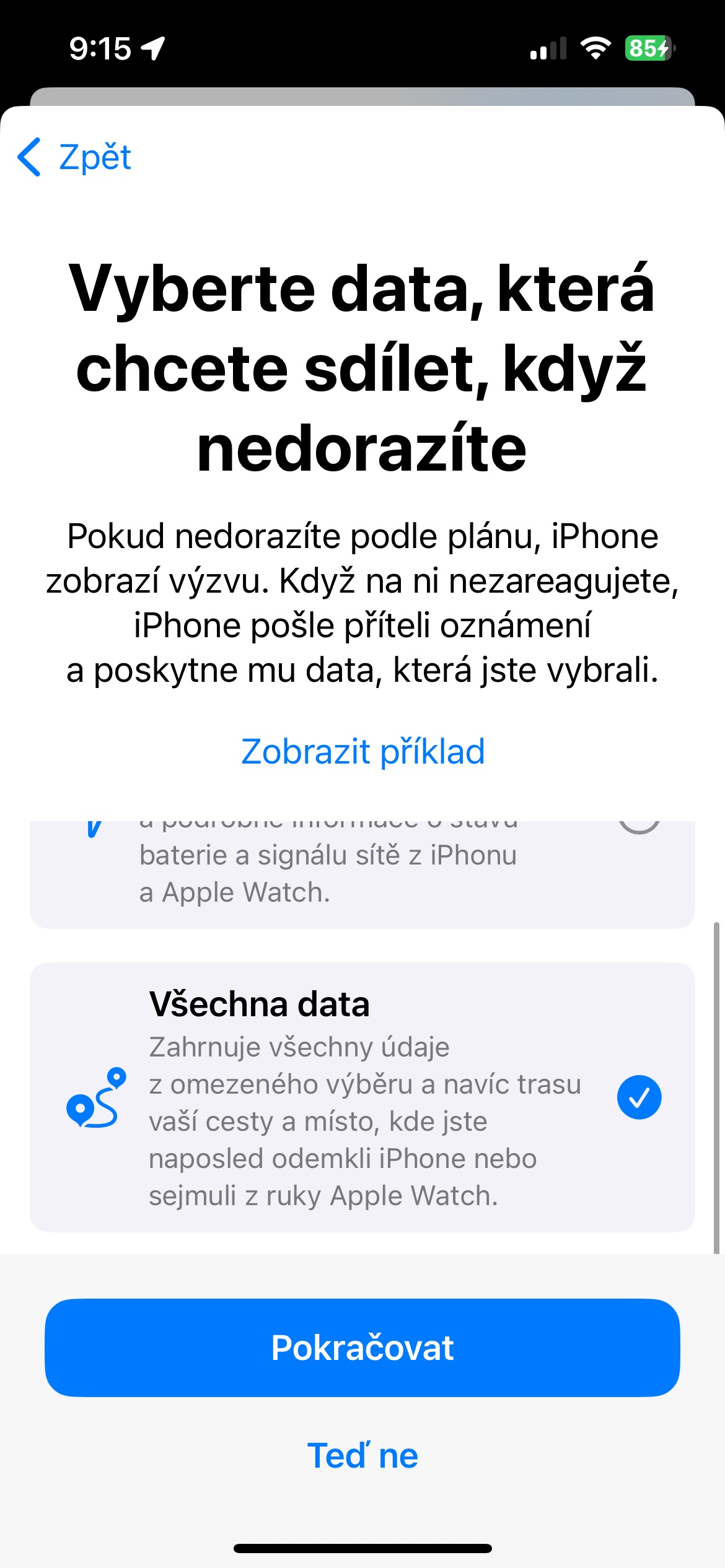




If IPhone could be connected to Windows, like a Macbook, etc., it would be my next mobile phone
This stinks of machine translation like thunder.
I also wonder what kind of ear it spawned. I don't know whether to classify it as hate or what.
It is absolutely clear that Apple, thanks to precisely defined HW, can afford to test and release a version on a "handful" of devices in one day. Yes, I write "a handful" on purpose, because compared to the number of types of devices, it's really only a small amount.
Well, anyone with a bit of a brain must understand that Apple has it incomparably easier when it comes to debugging on different HW. But even so, iOS users start to complain about various things on the first day, such as increased battery consumption on older models, the inability to change the sound of notifications, and the like. So I wouldn't raise the release so high again, the guys from Cupertino didn't test it that well.